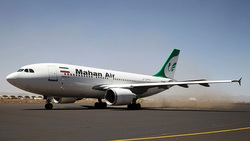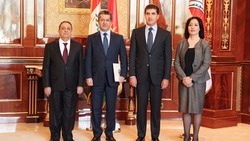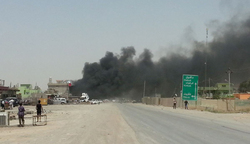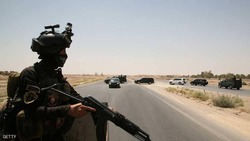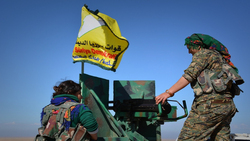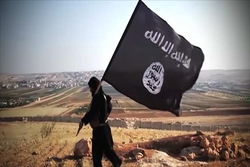U.K feared prospect war with Iraq and considered abandoning the Kurds
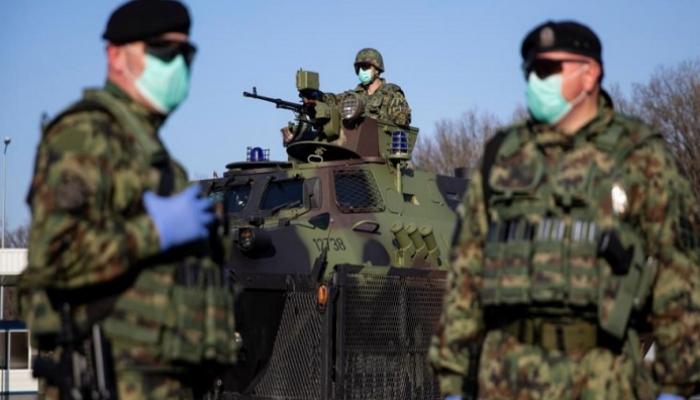
Shafaq News/ Britain under former prime minister John Major feared the prospect of getting drawn into another US-led war with Iraq and was considering abandoning Kurdish allies, according to U.K government papers released on Wednesday.
The confidential message is one of several papers from Major’s final years in office from 1995 to 1997 made public for the first time by the National Archives.
Major’s private secretary John Holmes warned: “The Americans may well want to react militarily in a big way” if Iraqi President Saddam Hussein’s forces took over the Kurdish region in northern Iraq.
Such military action was something “we would simply not be able to support,” he wrote in November 1996 before a bilateral meeting with U.S. President Bill Clinton’s secretary of state, Warren Christopher.
The United States and its allies, including Britain, established a safe haven and were enforcing a no-fly zone in Kurdish-controlled northern Iraq.
At the time, the area appeared vulnerable to a takeover by Saddam’s forces, as rival Kurdish factions were fighting and Baghdad supported one side against the other. The former Iraqi leader had months earlier staged a massive incursion into northern Iraq, prompting U.S. airstrikes.
“This would pose an acute policy dilemma for us,” Holmes wrote.
“The reality for both of us and the Americans may be that we have to abandon northern Iraq.”
The note reveals the lack of appetite in London at the time for further large-scale military action. Holmes also suggested that the U.S. would not be capable of fighting such a war.
While abandoning northern Iraq would be “humiliating,” Holmes wrote, “we may have no choice. Neither of us is prepared to put in the real military effort or the resources to stop Saddam in the North, and we would probably wreck the Coalition if we tried.”
At the same time, he advised against telling Clinton’s administration this.
“Admitting now our inability to support the U.S. in a hypothetical future situation would be pretty difficult,” he wrote.
Major’s predecessor Margaret Thatcher was prime minister when the first Gulf War began in response to Iraq’s invasion and annexation of Kuwait in August 1990.
He took over as prime minister in November 1990 and led the country during the conflict, which saw British troops fight alongside the U.S. and other coalition partners until February 1991.
Britain’s main opposition Labour party under Tony Blair won a landslide election victory against Major’s ruling Conservatives in 1997.
Blair later backed U.S. president George W. Bush, whose father George H.W. Bush was president at the first Gulf War, in attacking Iraq in 2003.
Both alleged Iraq possessed weapons of mass destruction, but none was found. Saddam was eventually captured, put on trial, and executed in 2006.
